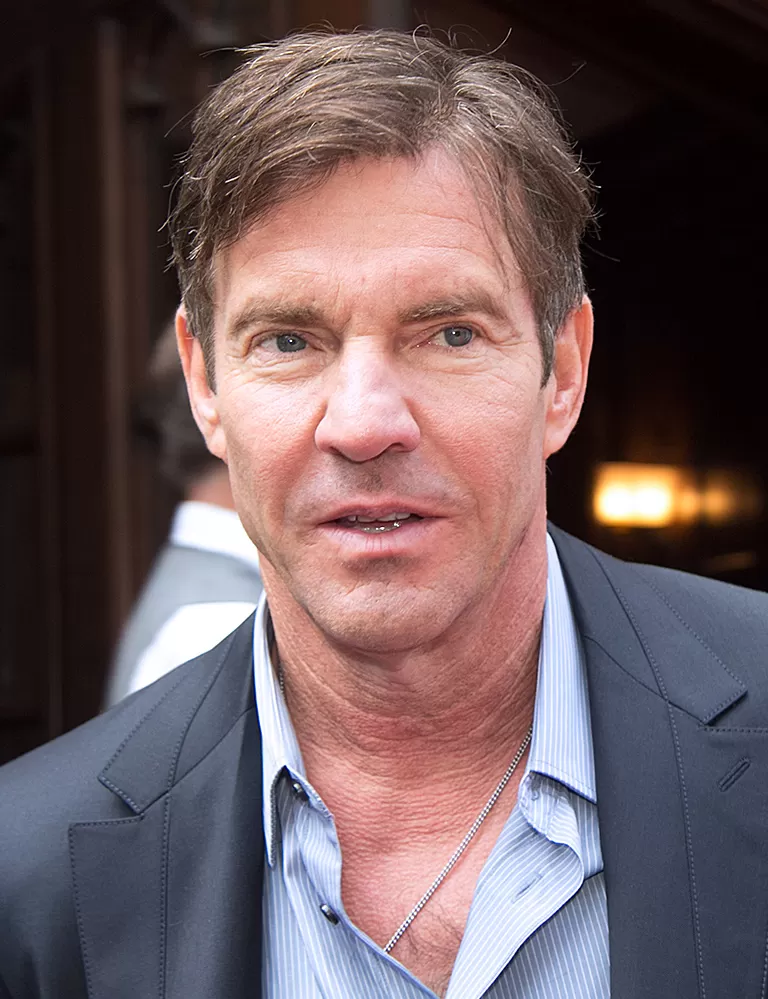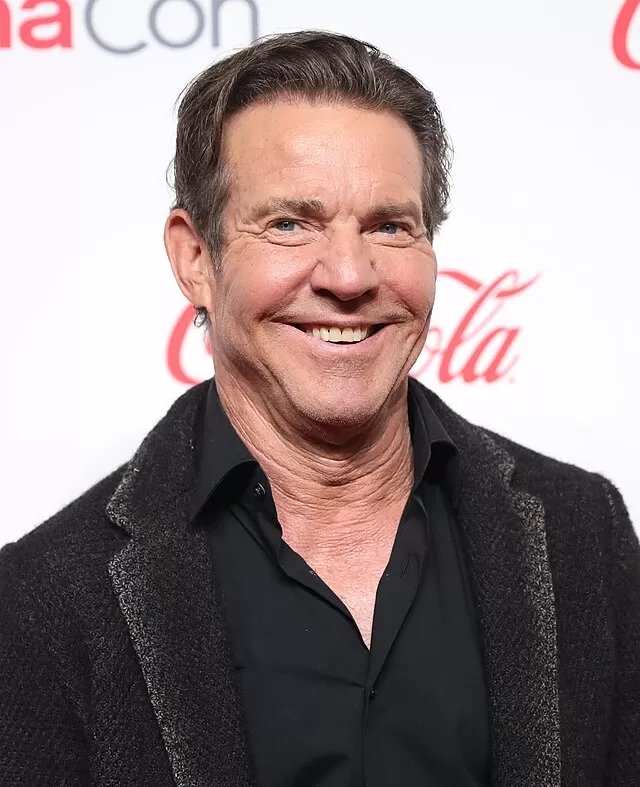In the last two decades, social media has emerged as one of the most powerful tools for communication, self-expression, and business in the modern world. Platforms like Facebook, Twitter, Instagram, and TikTok have transformed the way people interact, share information, and consume content. Social media has permeated nearly every aspect of daily life, impacting relationships, mental health, businesses, and even global politics. While it has brought many benefits, it also presents challenges that society continues to grapple with today.

Social media has revolutionized the way people connect with each other. With just a few clicks, individuals can communicate with friends and family across the globe. This instant connectivity allows people to maintain relationships regardless of physical distance. In addition, social media platforms have become a place where people can share experiences, express emotions, and offer support to one another, fostering a sense of community.
One of the most significant impacts of social media is its role in democratizing information. In the past, only large media corporations had the ability to disseminate news and information on a wide scale. Now, аnуоnе with a smartphone and internet access can share breaking news, personal stories, or educational content. This has empowered marginalized voices, allowed for greater transpaгепсу, and provided platforms for movements such as #MeToo and Black Lives Matter to gain global attention and drive social change.

In the business world, social media has become an invaluable tool for marketing and customer engagement. Companies can reach potential customers more easily through targeted ads, influencers, and engaging content. Small businesses, in particular, have benefited from the low-cost advertising options that social media offers, leveling the playing field with larger corporations.
Despite its many benefits, social media has also introduced several negative consequences. One of the most concerning is its impact on mental health, particularly among younger generations. Studies have shown that excessive use of social media is linked to anxiety, depression, and feelings of loneliness. Constant exposure to curated images and the “highlight reel” of other people’s lives can lead to unrealistic comparisons and a distorted sense of reality, contributing to low self-esteem and body image issues.

Moreover, the rise of cyberbullying is a direct consequence of social media’s pervasive presence. The anonymity that many platforms offer can embolden individuals to engage in harmful behaviors, such as harassment, trolling, and spreading false information. This has had devastating effects, especially on teenagers, leading to mental health struggles and, in some cases, tragic outcomes.
Another significant challenge posed by social media is the spread of misinformation. While the ability to share information quickly has its advantages, it also makes it easier for false or misleading content to go viral. This is particularly problematic in the context of political discourse, where misinformation can influence public opinion and electoral outcomes. The rise of “fake news” has become a critical issue, prompting debates about the role of social media platforms in regulating content and the balance between free speech and censorship.





